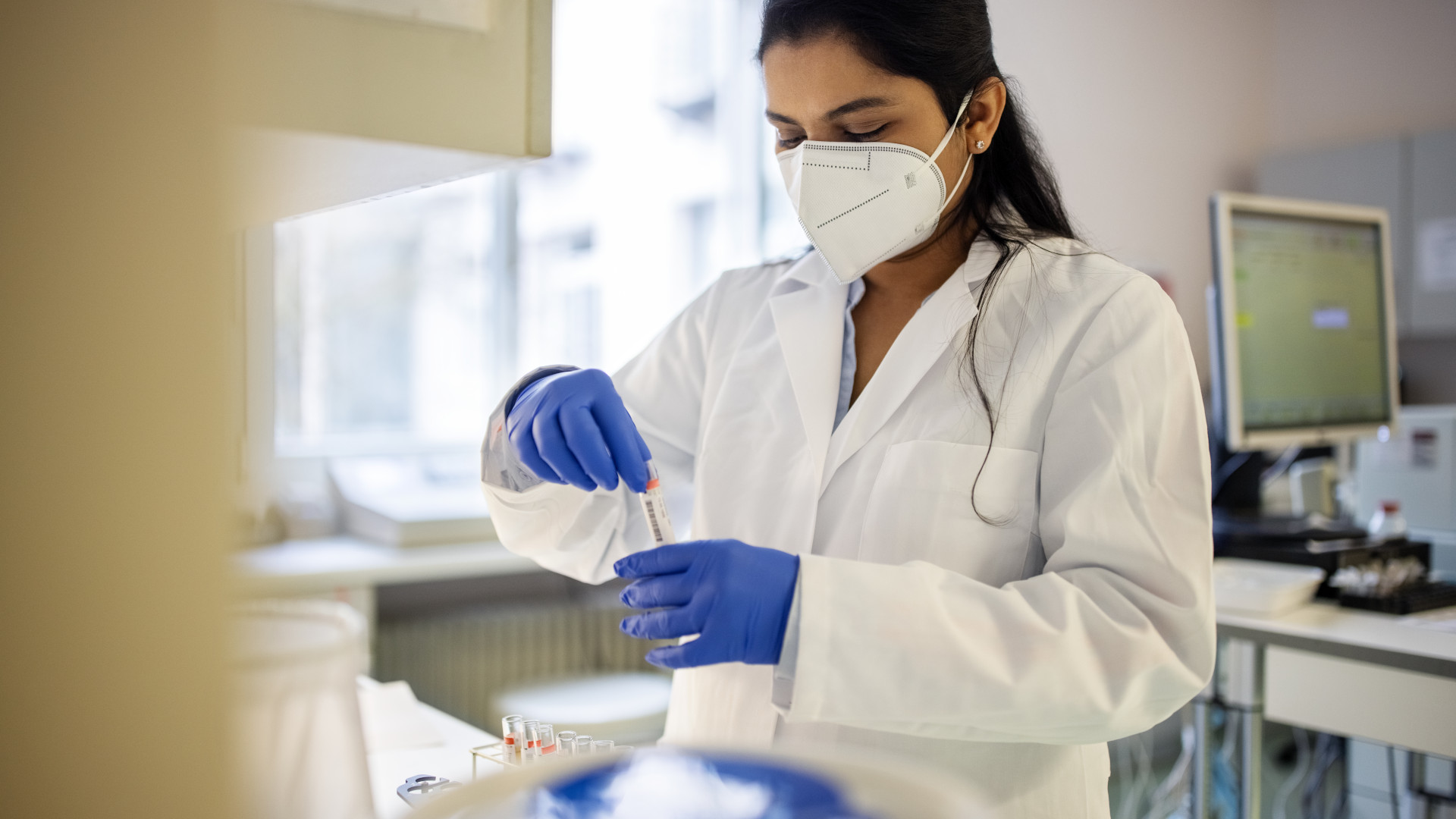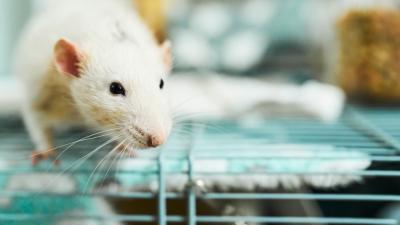New Survey Replicates Findings of Bias Against Nonanimal Research Methods

Study in a Sentence: A new study conducted by Physicians Committee scientists and collaborators surveyed 100 researchers in India and adds to growing evidence of animal methods bias—the bias some researchers have toward animal experimentation—revealing its impacts on publishing and funding for researchers who use nonanimal methods.
Healthy for Humans: By impacting publications and funding awards, animal methods bias can be a barrier to the broader use of more ethical and effective nonanimal approaches, standing in the way of improved preclinical predictiveness and further complicating drug development. Studies like this help better understand how animal methods bias manifests around the world, informing regional mitigation efforts.
Redefining Research: In line with previous findings in a global population, about half of respondents said they’ve been asked by manuscript reviewers to add animal experiments to their otherwise nonanimal studies. Respondents reported complying with just one in four of these requests, and about a quarter of them even said they’ve used animals solely because they expected editor or reviewer requests for them, a widely regarded unethical justification for animal use. Over half of respondents also said they felt the lack of animal experiments in their grant proposal negatively influenced its evaluation.
References
- Parvatam S, Kaushik K, Mahadik K, et al. A survey to evaluate animal methods bias experienced by India-based researchers in the peer review of manuscripts and grant applications. NAM J. Published online August 6, 2025:100042. doi:10.1016/j.namjnl.2025.100042
- Krebs CE, Lam A, McCarthy J, Constantino H, Sullivan K. A survey to assess animal methods bias in scientific publishing. Altern Anim Exp. 2023;40(4):665-676. doi:10.14573/altex.2210212







